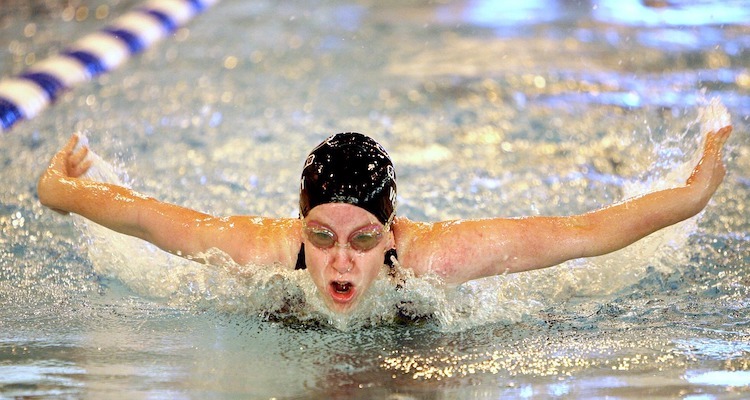
Swimming is a demanding sport that places significant psychological demands on athletes. The unique combination of physical exertion, breath control, and intense focus required in swimming requires athletes to develop specific mental skills to excel in the sport.
One of the primary psychological demands of swimming is mental toughness. Swimmers often face long training sessions, repetitive laps, and intense competition. They must push through physical discomfort, fatigue, and self-doubt to maintain focus and perform at their best. Mental toughness enables swimmers to persevere through challenging moments, maintain motivation, and stay committed to their goals.
Another crucial psychological demand of swimming is the ability to manage pressure. Competitive swimmers face high-stakes situations, such as important races or qualifying events, where performance anxiety can be overwhelming. They must learn to handle pre-race nerves, cope with the pressure to perform, and maintain composure during races. Effective pressure management involves techniques like visualization, positive self-talk, and relaxation strategies.
Swimming also demands exceptional concentration and focus. Athletes must maintain attention to detail during each stroke, breathing pattern, and turn. Any lapse in concentration can result in technique errors or slower times. Mental skills such as maintaining focus, blocking out distractions, and staying present in the moment are critical for swimmers to optimize their performance.
Moreover, swimming requires a strong sense of self-discipline and goal-setting. Training in swimming often involves early morning workouts, strict training schedules, and consistent effort. Swimmers must set clear, challenging goals and stay disciplined in their training regimen to improve performance. They must also learn to manage setbacks, such as injuries or disappointing races, and maintain a resilient mindset.
In conclusion, swimming places significant psychological demands on athletes. Mental toughness, pressure management, concentration, self-discipline, and goal-setting are all crucial psychological skills for swimmers to develop. By cultivating these mental attributes, swimmers can enhance their performance, overcome challenges, and achieve their full potential in the sport.
Several famous swimmers have spoken about the importance of psychology in achieving peak performance in swimming. Here are a few examples:
These swimmers, among many others, have recognized the psychological demands of swimming and the impact of mental skills on performance. Their experiences and insights underline the significance of cultivating a strong mental game alongside physical training in order to excel in the sport of swimming.
A sport psychologist can play a crucial role in helping a swimmer enhance their performance in several ways:
Overall, a sport psychologist can work closely with swimmers to develop mental skills, enhance psychological resilience, and optimize performance. By addressing the psychological aspects of swimming, athletes can unlock their full potential and achieve greater success in the pool.
If you would like to work with a sport psychologist or sport psychology consultant then do please search our directory of specialists to find the support you need.
